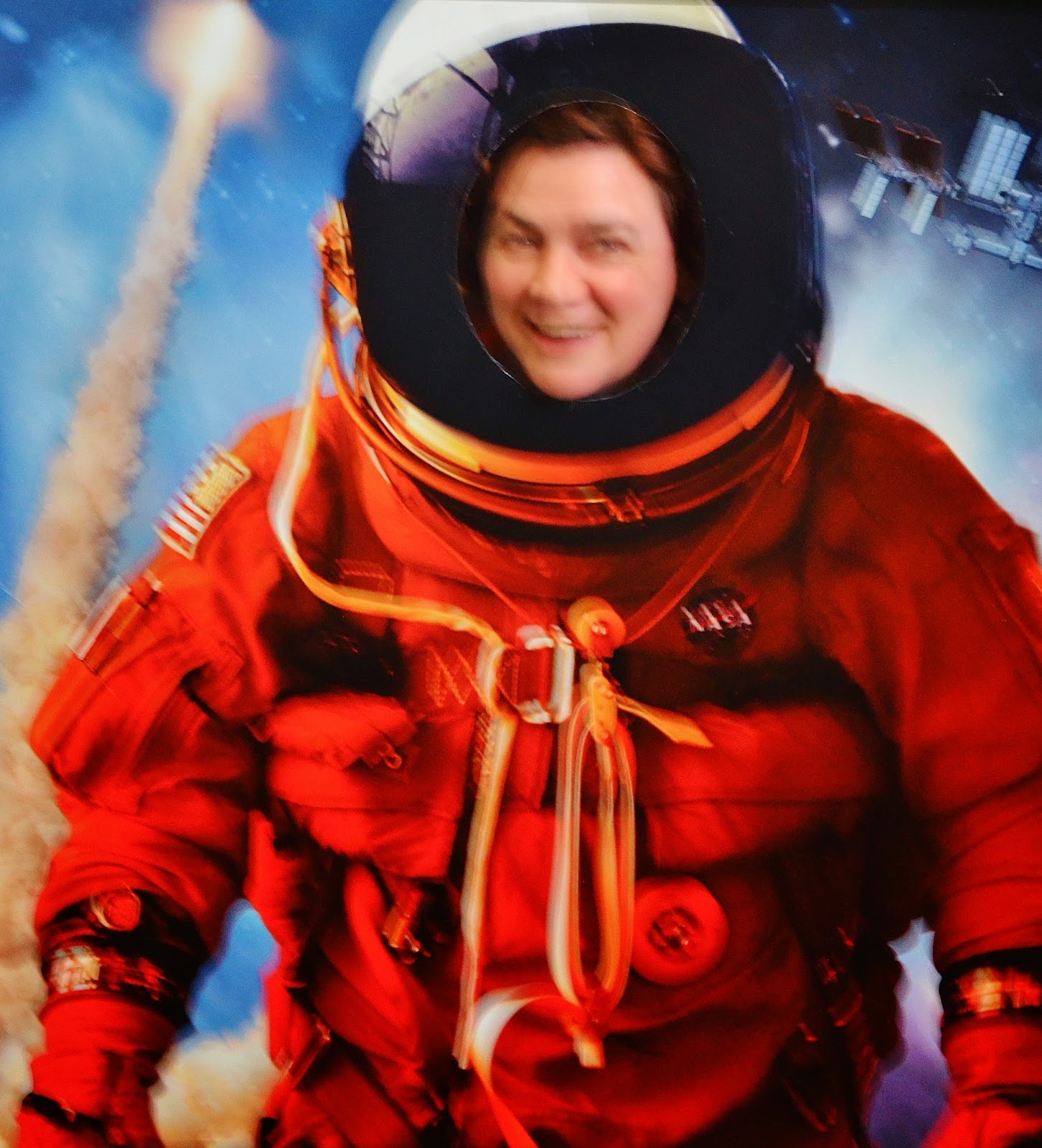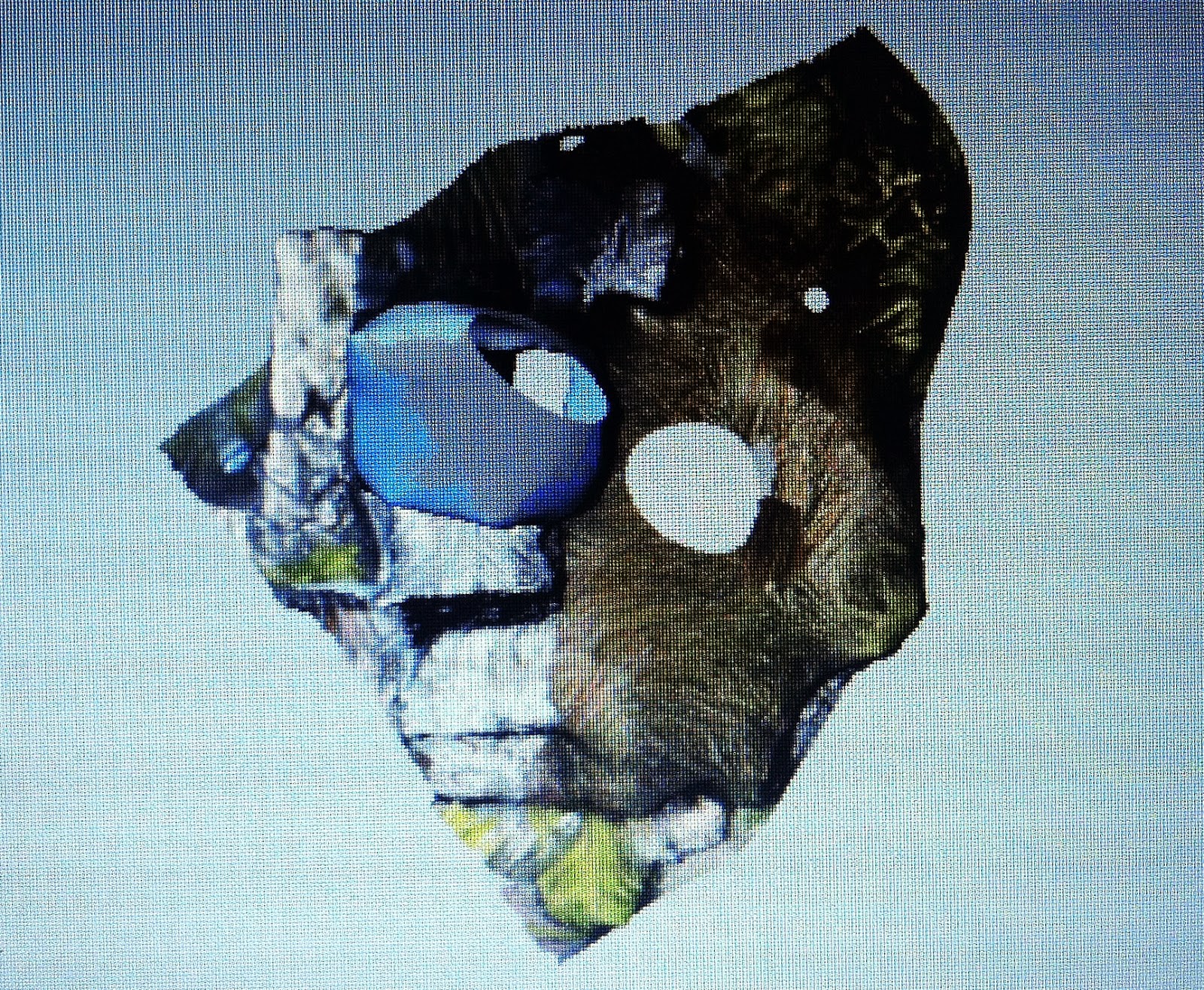If you have been following the past blogs on our Space Coast Tour you may have noticed some reoccurring themes such as the relationship of nature to mechanization, and a fascination into ways of exploring things from different perspectives.

One personal favorite viewing mechanism has always been the Hubble Telescope pictured above with the NASA Airstream : aka the Astrovan that transfers astronauts from the operations and checkout building to the launch pad.

Up at the crack of dawn we made our way to witness the first rocket launch of Orion. Orion will be the first spacecraft since Apollo that will
facilitate human exploration of destinations beyond Low Earth Orbit such as the Moon, asteroids,
and Mars.

Arriving at 4am to the Kennedy Space Center we waited .. and waited ... even the alligators were waiting ... after several hours we were notified that the launch will be postponed until the next morning Friday 5th Dec. It was worth the wait!

The Orion Spacecraft is a multi purpose Crew Vehicle intended to carry a crew of up to four astronauts to destinations beyond-low Earth orbit. It was a successful mission going twice around the earth before shooting off another 3,600 miles taking it past the International Space Station close to Mars and back down to earth in four and a half hours.

Even from such a distance one could feel the force especially the after noise, it was phenomenal.

The most powerful liquid-fueled rocket engine ever produced, the F-1 engine, was a critical component in sending astronauts to the moon during the Apollo Program. Developed under the direction of Wernher von Braun, the Saturn V rocket was also the largest. Standing 36 stories high and weighing over 6 million pounds it required a cluster of five F-1 engines generating more than 7.5 million pounds of thrust to lift the rocket off the pad.

We chose to scan the F-1 engine onsite and explored stereo collaging it with other 3D models using a method developed by Paul back in 1994 which he termed 'Space Sampling'.

'FALLEN BLOCK ISLAND F-1 APOLLO'
* available as print
* available as print
The space program has used a lot of classical references for its legend, the above work is a combination of those legends and consists of the photogrammetric scan of the F-1 Engine that we made onsite at the Kennedy Space Center, a 3d laser scan taken directly from the Parthenon of the Greek deity 'Apollo' combined in belvedere with the Block Island Meteorite found on Mars by the Opportunity Rover and Aurora 7 the first US Spacecraft.

The Shuttle Atlantis named after the utopian novel by Sir Francis Bacon published in 1627 has a textilian surface like a woven blanket which echos the layered fabric called 'Flong' which received the output from Charles Babbage's Difference Engine: the first computer stereotyping bed.

'F-1 ATLANTIS APOLLO'
* available as print
'We have also perspective houses ...........we make artificial rainbows, halo's and circles about light. We represent all manner of reflexions, refractions and multiplications of visual beams of objects'
Except from The New Atlantis' by Sir Francis Bacon 1627
After 8 weeks on the road our last days on the Space Coast has bought our tour to a close. We have traveled in our silver machine, the airstream fab lab a total of 3400 miles through 8 States, Lecturing as visiting artists at 6 universities and exploring many sites of interest as well as participating in major events such as Art Miami, Jacksonville Iron Pour and The Orion Rocket Launch.
Next stop is back to the Studio where we will develop some of the ideas for exhibition : please watch this space for the completed series of Space Coast bronzes and prints.
Thanks to everyone who made this tour a real pleasure!
Over and Out : Moon walking on the Space Coast 2014













.JPG)

























